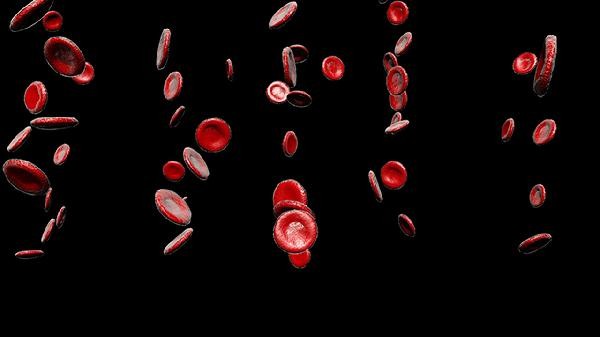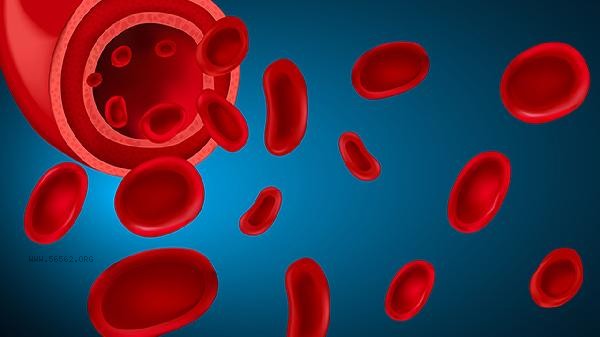A high red blood cell volume of 102 is considered a mild abnormality, and most cases are related to physiological factors. Possible reasons include long-term smoking, high-altitude living, vitamin B12 deficiency, chronic hypoxic diseases, or abnormal bone marrow proliferation. When the value is slightly higher than the normal range, there is usually no need to worry excessively.

1. Physiological factors:
Long term smoking or high-altitude living can lead to compensatory increase in red blood cells in the body, and the volume may slightly increase. This type of situation can gradually recover by improving living habits or leaving high-altitude environments. It is recommended to regularly review blood routine to observe the trend of changes.
2. Nutritional deficiency:
Vitamin B12 or folate deficiency can affect the maturation process of red blood cells, leading to an increase in volume and the formation of megakaryocytes. Commonly found in long-term vegetarians or individuals with gastrointestinal absorption disorders, it can be confirmed and supplemented with corresponding nutrients through serum vitamin testing.
3. Chronic hypoxia:

Chronic obstructive pulmonary disease, sleep apnea, and other diseases can cause tissue hypoxia, stimulating the bone marrow to produce more red blood cells. This type of situation is usually accompanied by an increase in hemoglobin, and the primary disease needs to be identified through lung function tests or polysomnography monitoring. 4. Hematological disorders: Diseases such as myelodysplastic syndrome may lead to abnormal red blood cell production, but these conditions are often accompanied by abnormalities in other blood cells. If there are abnormal white blood cell or platelet values at the same time, bone marrow puncture examination should be performed for further differentiation.
5. Other factors:
Certain drugs such as immunosuppressants may affect red blood cell production, and hypothyroidism can also interfere with hematopoietic function. It is recommended to make a comprehensive judgment based on thyroid function examination, medication history, and other factors. For cases of mild increase in red blood cell volume, it is recommended to increase intake of animal liver and fish rich in vitamin B12, and avoid smoking and exposure to secondhand smoke. Maintaining moderate aerobic exercise can improve blood circulation, but residents in high-altitude areas need to pay attention to exercise intensity. If the re examination indicators continue to increase or symptoms such as dizziness and fatigue appear after three months, in-depth evaluations such as iron metabolism and bone marrow examination should be conducted. Pay attention to daily observation for accompanying symptoms such as skin and mucosal bleeding, bone pain, etc., and avoid taking blood supplements on your own to interfere with diagnosis.










Comments (0)
Leave a Comment
No comments yet
Be the first to share your thoughts!